Faculty Profile: Nayoung Kim
An Advocate for Inclusive Counseling
For Nayoung Kim, Ph.D., her professorial duties do not end when she leaves the classroom. As an assistant professor in the College of Arts and Sciences’ Department of Psychology and Counseling, Kim also devotes time to supporting her students who are studying counseling as well as advocating for minority populations’ access to mental health resources.
Based on the New York City campus, Kim teaches graduate-level school counseling and mental health counseling courses, preparing students for counseling careers in grades K–12 and guiding others on their journeys to becoming licensed mental health counselors.
Outside of the classroom, Kim’s scholarship focuses on counselor education and multiculturalism; she aims to identify ways to help students studying to enter the field to enhance their skills for more effective work with diverse clients. “Recognizing the current unequal utilization of counseling services among minority populations, I am passionate about conducting research to improve the mental health of these communities.”
At the university’s annual faculty and staff convocation in August, Kim was recognized with the Presidential Diversity and Inclusive Excellence Award. “I’m committed to persistently advocating for diversity issues for the years to come,” she said while accepting the award.
Before joining New York Tech, Kim provided counseling services to college students and those at community counseling centers. She also supervised students studying and practicing school counseling in elementary schools and mental health counseling in community centers.
Kim spoke to New York Tech News about her expertise, her time at the university, and offered words of wisdom for future counselors.
Why are multicultural issues in counseling important?
Multicultural issues in counseling emphasize the importance of the cultural context and background of the client. Multiculturalism encompasses not only race and ethnicity but also nationality, gender, sexual orientation, religion, and other cultural factors. The goal of this approach is to provide inclusive counseling services that effectively address the diverse needs of clients.
Can you talk about your past research endeavors and how you apply it in your teaching?
My first-authored article, “Effects of reflective practice on multicultural counseling competence of counselors-in-training,” published in Counselling and Psychotherapy Research, reflects my determination to develop and test effective interventions aimed at enhancing students’ multicultural counseling competence. I have published various articles demonstrating my dedication to supporting minority populations, and my research pursuits reflect my fervent commitment to inclusivity and equity within the counseling profession. I have actively explored ways to enhance school counselor-principal collaboration, recognizing the transformative potential it holds in creating nurturing learning environments for students, resulting in a publication in Professional School Counseling. Lastly, my research has extended beyond borders, and I have taken pride in introducing the ideals of the Korean adolescent counseling system, contributing to the global conversation on effective counseling approaches for diverse cultural contexts, also published in Counselling and Psychotherapy Research.
What is your advice for students looking to enter the field?
My foremost advice to students is to cultivate a balanced approach to your academic journey. Embrace organization as a guiding principle. Simultaneously, and perhaps more importantly, prioritize self-care. It is also key to deeply reflect on the underlying motivations driving your pursuit of a counseling career. Consider the intrinsic reasons behind your choice and articulate a clear understanding of your goals. Cultivate an open-minded approach, remaining receptive to diverse perspectives and continuously seeking knowledge about various mental health and school counseling-related issues. By fostering this introspective and informed mindset, you not only fortify your commitment to the profession but also lay the groundwork for a more enriched and empathetic practice in the dynamic field of counseling.
Do you have a general philosophy or guiding principle in your approach to teaching?
I strive to guide students on their journey to becoming independent counseling professionals. These students hold the key to making a positive impact on the lives of numerous individuals. Furthermore, I place a strong emphasis on the significance of reflective practice to foster their personal and professional growth. Advocating for minority populations is another critical aspect of our work as helping professionals become effective counselors. Lastly, I stress the importance of self-care, considering it a professional and ethical responsibility for counselors.
What has been most rewarding during your time here at New York Tech?
My professional goal encompassed the desire to engage in the education of a diverse student body, and witnessing the growth of my students at various stages has been a true privilege. From their initial interviews to their practicum experiences and, ultimately, internships, I have the opportunity to see how much effort they’ve put in to develop themselves to be better counselors. It fills me with a sense of pride.
This interview has been edited and condensed.
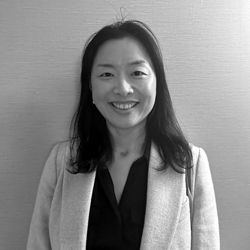
Faculty Profile: Nayoung Kim
Title: Assistant Professor
Department: Psychology And Counseling
Joined New York Tech: 2020
Campus: New York City
More Profiles
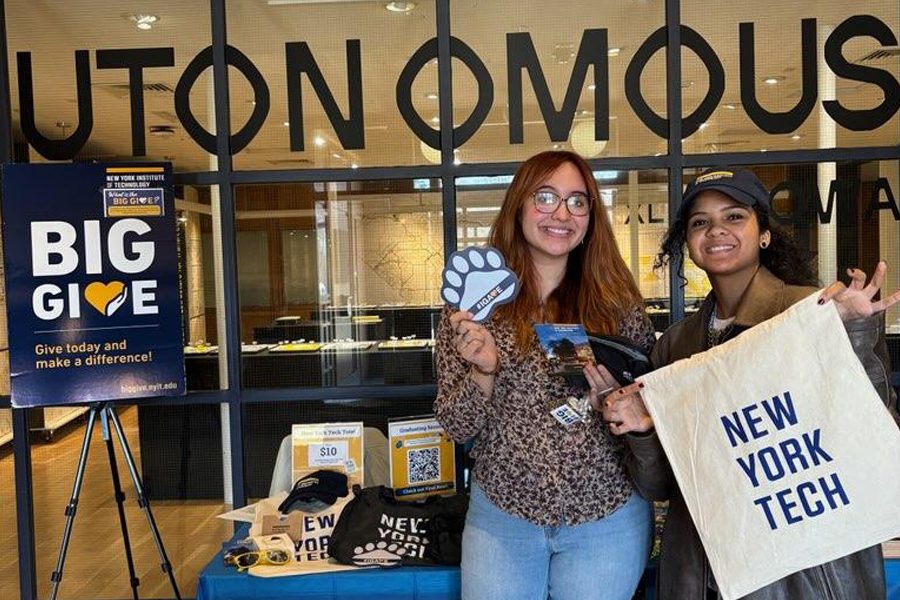
Seven Years of the Big Give
The New York Tech community celebrated in a big way, bringing in $421,596 to help support student experiences across the university’s campuses.
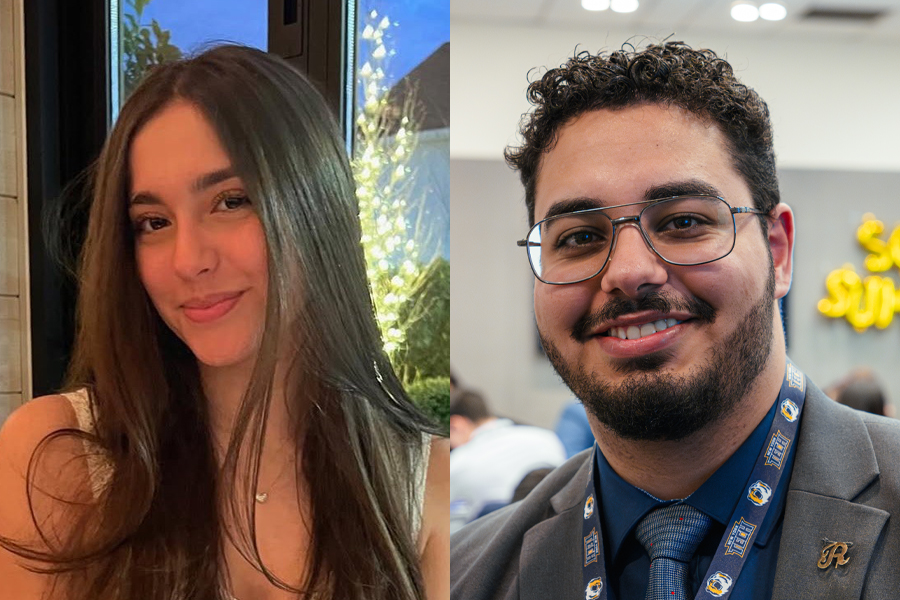
Building a Network of SGAs
Students Marina Moussa and Ridge Tawdrous have taken their Student Government Association (SGA) leadership duties to the next level after successfully organizing New York Tech’s inaugural SGA Summit.
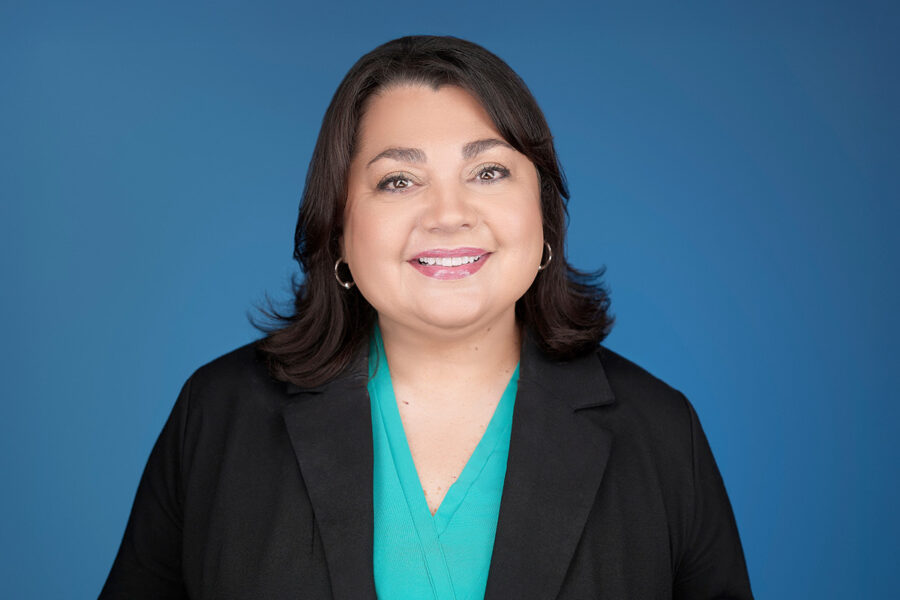
Re-envisioning Our University’s Libraries
Millie González, M.L.I.S, M.B.A., has joined New York Tech as the first dean of libraries.
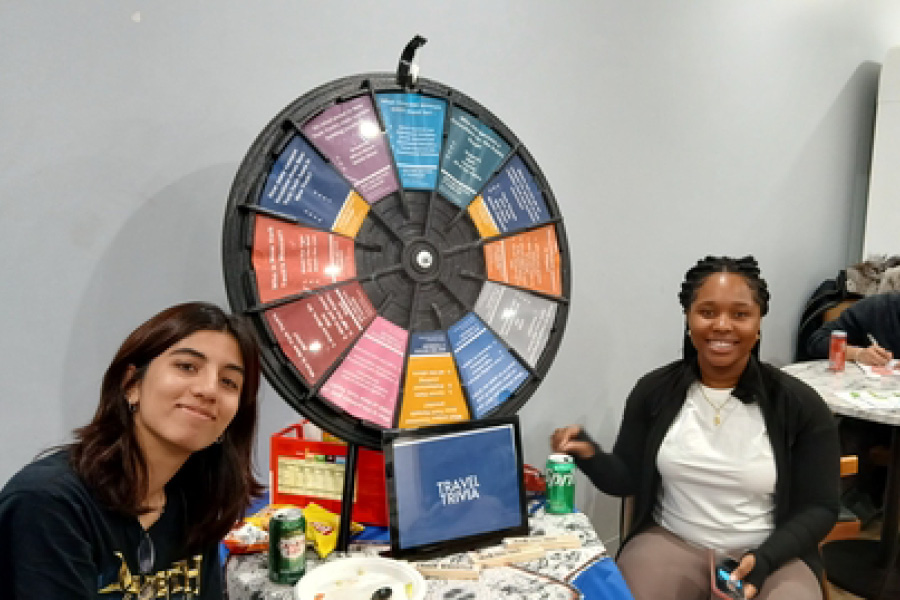
Students Get the 411 in Data 101
Students in fall 2024’s Data 101 class sections partnered with CommuterLink to study student commuting habits across the Long Island and New York City campuses and propose potential solutions to challenges.
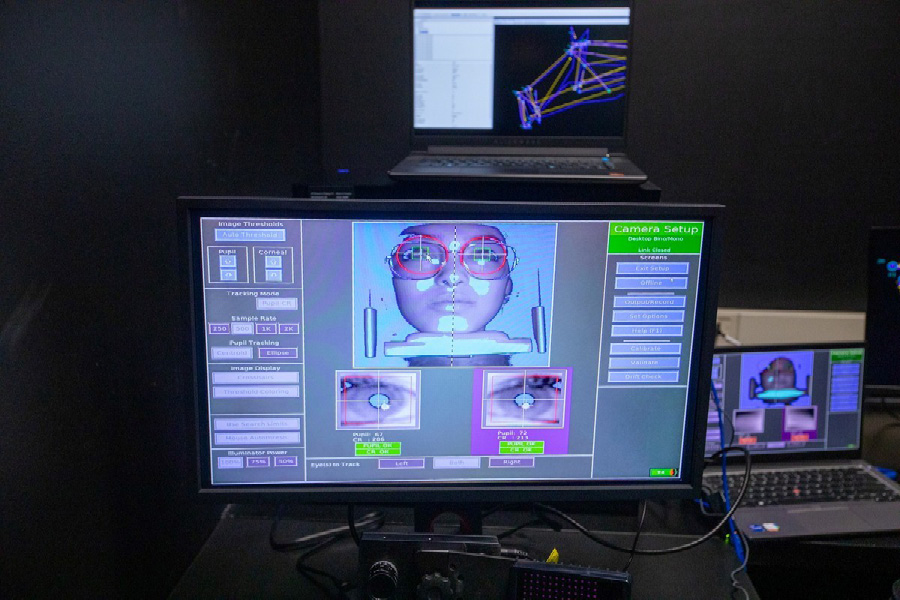
Setting Their Sights on Research
Two undergraduate students have received external grants in support of research projects exploring the connection between eye movement and perception.
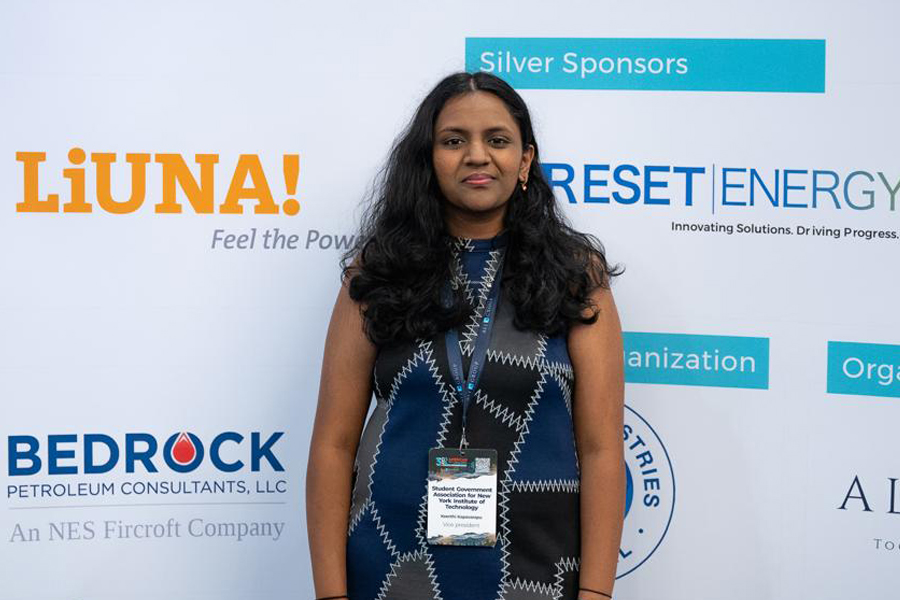
Changing Environments
Computer science student Keerthi Kapavarapu dreams of changing the world, but first she’s creating change at New York Tech.